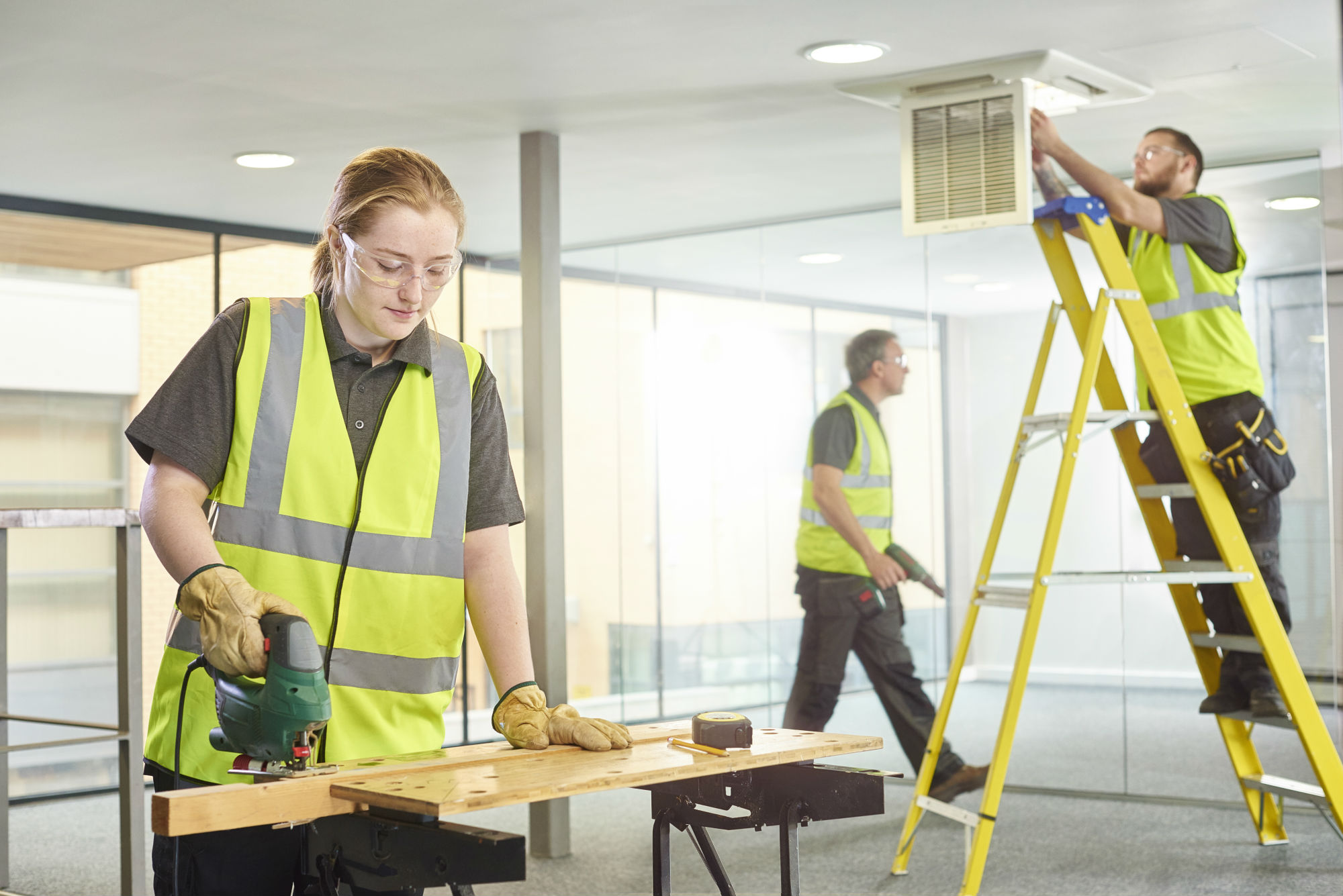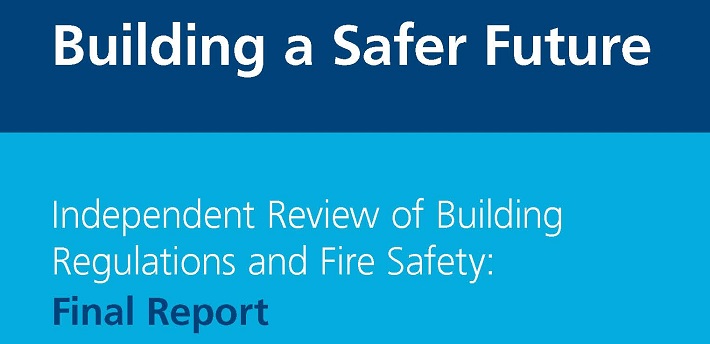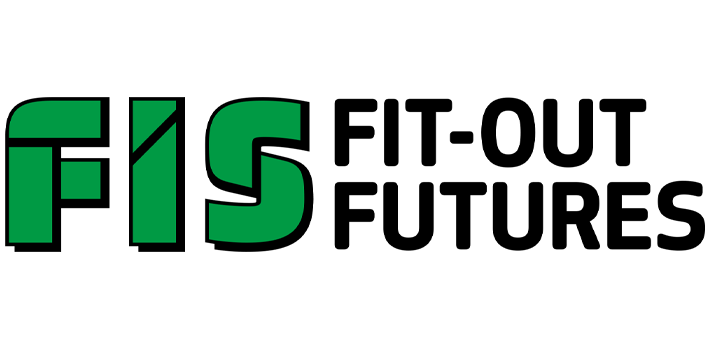
by Clair Mooney | 23 May, 2018 | Main News Feed
The consultation of the draft Interior Systems Apprenticeship has now ended. Thanks to everyone who responded. This has now been submitted to the Institute for Apprenticeships.
If you are interested in being involved in the next stage of development, please email skills@thefis.org

by Clair Mooney | 17 May, 2018 | Main News Feed
The final report following the The Independent Review of Building Regulations and Fire Safety has now been published. Below we have highlighted some of the key points.
- The roles and responsibilities of those procuring, designing, constructing and maintaining buildings are unclear;
- The package of regulations and guidance (in the form of Approved Documents) can be ambiguous and inconsistent;
- The processes that drive compliance with building safety requirements are weak and complex with poor record keeping and change control in too many cases;
- Competence across the system is patchy;
- The product testing, labelling and marketing regime is opaque and insufficient;
- It must clarify roles and responsibilities. It must raise and assure competence levels
Whilst some of the recommendations can be delivered in the short term, some will require primary legislation and in the meantime industry must start ‘living’ the cultural shift that is required – the most important element of achieving that will be leadership from within industry.
The above reinforces the Product Process People (PPP) initiative about having evidence around compliance, competency and full test evidence. More guidance will be available shortly and what this means for FIS members, in the mean time download and read the full report here.

by Clair Mooney | 17 May, 2018 | Main News Feed
Having a skilled and talented workforce is essential to the competitiveness of the construction industry – firms need “the right skills, in the right place at the right time.”
With almost a fifth of those working in construction aged over 55 – the sector needs to develop the flow of new entrants into the industry to tackle skills shortages and deliver future projects. Work Experience is a great way to give people of all ages an initial taste of the industry, provide a stepping stone into longer term work or training.
The Build UK guide outlines how employers can ensure their legal obligations to health and safety are met. The guide is also designed to make it as easy as possible to provide work experience placements, building on the excellent work many will already be doing.

by Clair Mooney | 15 May, 2018 | Main News Feed
The draft Interior Systems Apprenticeship being proposed for the new Trailblazer Standard approach is now available for consultation. This has been developed with a wide group of employers over the past year and now requires further input from across industry before being submitted to the Institute for Apprenticeships on 23 May 2018.
Please respond with any questions or comments initially to skills@thefis.org
The deadline for response is Tuesday 22 May 2018.

by Clair Mooney | 14 May, 2018 | Main News Feed
A new £2.1m partnership has been agreed between the Finishes and Interiors Sector (FIS) and the Construction Industry Training Board (CITB).
The Fit-out Futures programme will address key challenges faced in the finishes and interior sector, including skills shortages, lack of new entrants and difficulty in accessing quality training.
The programme has received £1.5 million in funding from CITB. The flagship project is designed to bring in 1,500 new entrants into the sector by 2020. The Fit-out Futures programme will consist of:
- BuildBack
BuildBack has a target to get 980 unemployed people trained in drylining and into employment by 2020. BuildBack provides an opportunity for unemployed people to be retrained on a SUP (Specialist Upskilling Programme) for drylining at a local college over a two-week period, followed by two weeks of on-site work experience with an employer.
- Further Education to Employment
This programme will focus on engaging with students to be the next generation of construction employees. The aim is to attract 352 candidates to undertake four weeks of work experience with an employer over a two-year period.
- Sector Engagement
The third strand focuses on getting a fully carded workforce by 2020 by liaising with industry and students. The target is for 31,000 candidates to have been registered for any CSCS card that is relevant to the fit-out sector.
Andrew Smith, president at FIS, said: “Two years ago the FIS Board recognised the crisis in attracting skilled operatives to the fit-out sector and made ‘Skills Development’ one of the three key strategic objectives of the organisation. Our commitment included funding a new team for a limited period to demonstrate to CITB the capability of FIS to deliver the needs of the sector.
“This investment has paid off and FIS has now received funding to the value of £2.1m over the next three years to enable the delivery of large numbers of skilled tradespeople to our sector. Our Skills Delivery director, Helen Yeulet, ably supported by our CEO David Frise, can rightly be very proud of their achievements to date.
“FIS looks forward to the delivery of the project and to further expansion of the scope of activity in this area to support our industry.”
Mark Noonan, industry relations director for CITB, said: “As part of our reform programme we are committed to focusing on areas where industry needs us most, particularly through targeted funding.
“Fit-out Futures is a great example of these principles in action. Working in partnership with FIS we are pleased to be supporting this project to ensure industry is equipped with the skills and training it needs. This is an exciting programme of work and we look forward to seeing the outcomes of this landmark project.”
Steve Coley, chairman of the FIS Skills board, said: “The FIS team has made a formidable coalition with the CITB to bring a new and exciting phase in training and up skilling. We look forward to delivering what we at FIS believe will be the start of a new beginning in how training is managed and provided.”

by Clair Mooney | 9 May, 2018 | Main News Feed
The way the government funds apprenticeships in England changed in April 2017 when the Apprenticeship Levy was introduced. All employers with a wage bill of over £3 million a year have to contribute 0.5% of their total pay bill towards apprenticeship training (minus a £15,000 annual levy allowance).
FIS is seeking to understand the level of uptake, awareness and understanding of the Apprenticeship Levy specific to the construction industry one year after its launch. With this in mind we have completed a very short survey, which we would appreciate your response to. It should take no longer than 2 minutes to complete.
Apprenticeship Levy – have your say
We are collating responses from FIS members and all wider construction industry CITB levy payers registered in England. Your response will provide evidence of the current undertakings of the Apprenticeship Levy. The results will be published on our website at the end of June 2018 and feature in number of publications and online news platforms.
All responses will be held in confidence and under all FIS data protection policies. This survey will close on Friday 15 June 2018 at 5pm.
For further information on the apprenticeship levy or advice and guidance please contact FIS project manager Amanda Scott amandascott@thefis.org






